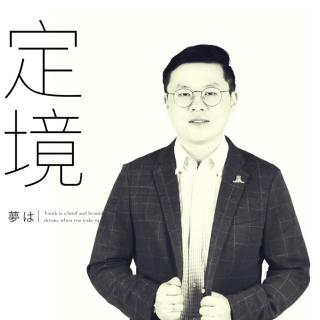
介绍:
I have a friend who just started his career as a teacher in a primary school. Weeks ago, he asked me to raise a topic for his mid-term composition test. I was curious why he chose me to give a topic, because he is a teacher himself. He said that he wanted something the students can really show their different ideas. Without thinking, I told him to let his students write about what they would do if they were given one million US dollars. My friend left with satisfaction, and I fell into my old memories.
It reminded me of my old days in primary school. We were learning to do narration in the fifth grade's Chinese class. Our teacher required us to write a composition with the topic "My Most Unforgettable Day" with our real experience.
When papers came back, half of the students wrote about the first day they came to school. The rest of the compositions were all about picking money on the streets and giving it to policemen, or helping a blind man cross the street. Of course I was among them. But I remember very clearly, that one student, only one student gave something different. He wrote about the day that he first kissed a girl. I read his composition. After all these years, I can't recite every word, but I dare to say, that even Shakespeare, may not be able to write as equally good when he was 11 years old. The composition was written out of real experience and genuine emotions. Contrary to those fake stories, it sounds real and natural. But the kid was scored zero. Our teacher thought the content was unhealthy, I'm sure you know the meaning of this Chinglish word "unhealthy".
That was 15 years ago. When you read those compositions, and you feel that half of our population is blind, so all those kids could have a chance to help a blind man cross the street, and every one of us has a hole in our pocket, so all those kids could have a chance to pick up the lost money and give it to policemen.
A few days ago, my friend sent me an e-mail of all the copies of his students' compositions. I have to say, I was sadly disillusioned.
Among those papers 40% said that they wanted to donate the money to people in poverty, so their children can go to school. The rest compositions are much more alike. Some wanted to support the panda protection project, some wanted to buy books to enlarge their knowledge. One student even said that he would like to spend his one million dollars on the effort to cure AIDS. I was more astonished to find that a ten- year-old child knew what AIDS really is.
We all have been kids, and we knew what we had once wanted. But, there was no composition about spending the money on video games, nice clothes, chocolates, ice-creams and expensive toys. Like 15 years ago, students won't tell the truth of their hearts.
It has always been our dream to open our children's hearts. We encourage them to describe their dreams, and acted as if we are ready to accept their thoughts. But the fact is that, children are scared by the zero marked on their papers. They are trained to say what we want to hear.
People compare children to flowers of tomorrow. And parents dream about the scenery that roses, tulips, daffodils flourish in the future. But down the road we are going on, in the future, or the future of future, only one kind of flower can be found. And that's the flower we like most.

